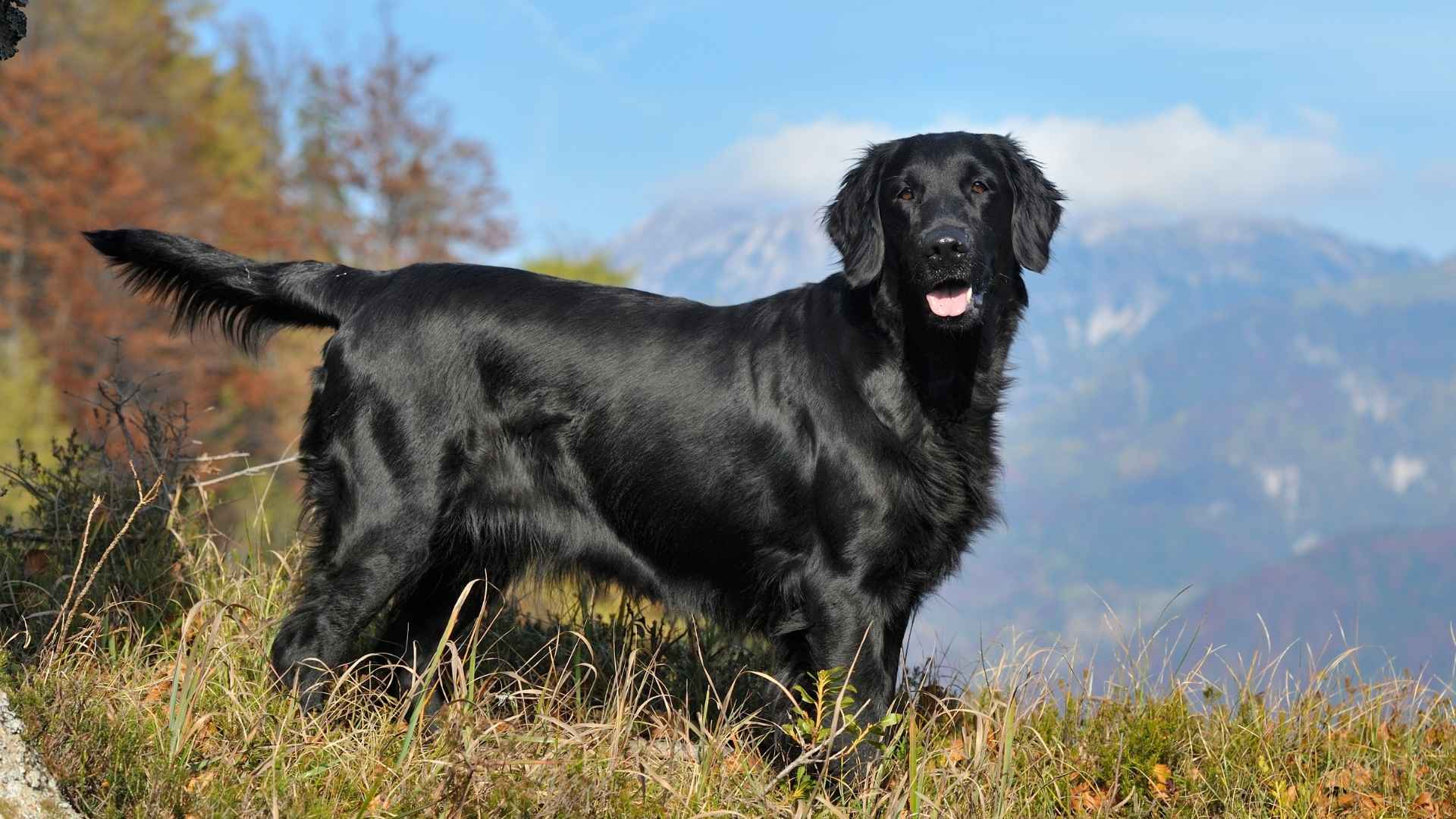Clever dogs are not limited to the handful of breeds that always make the headlines. Intelligence runs deep across the canine world, often in breeds people rarely talk about.
A clever dog notices patterns, solves problems, and adapts to new situations with ease, turning ordinary interactions into extraordinary ones. These abilities make them more than just companions; they become true partners in daily life.
Yet, many of these intelligent breeds go unrecognized, overshadowed by the same few names repeated in every discussion about smart dogs. They quietly excel in homes, fields, and training classes, proving just how sharp they really are.
In this guide, we uncover the most clever dog breeds that deserve far more attention and appreciation than they currently receive.
Most Clever Dog Breeds Deserving More Attention
1. Belgian Tervuren
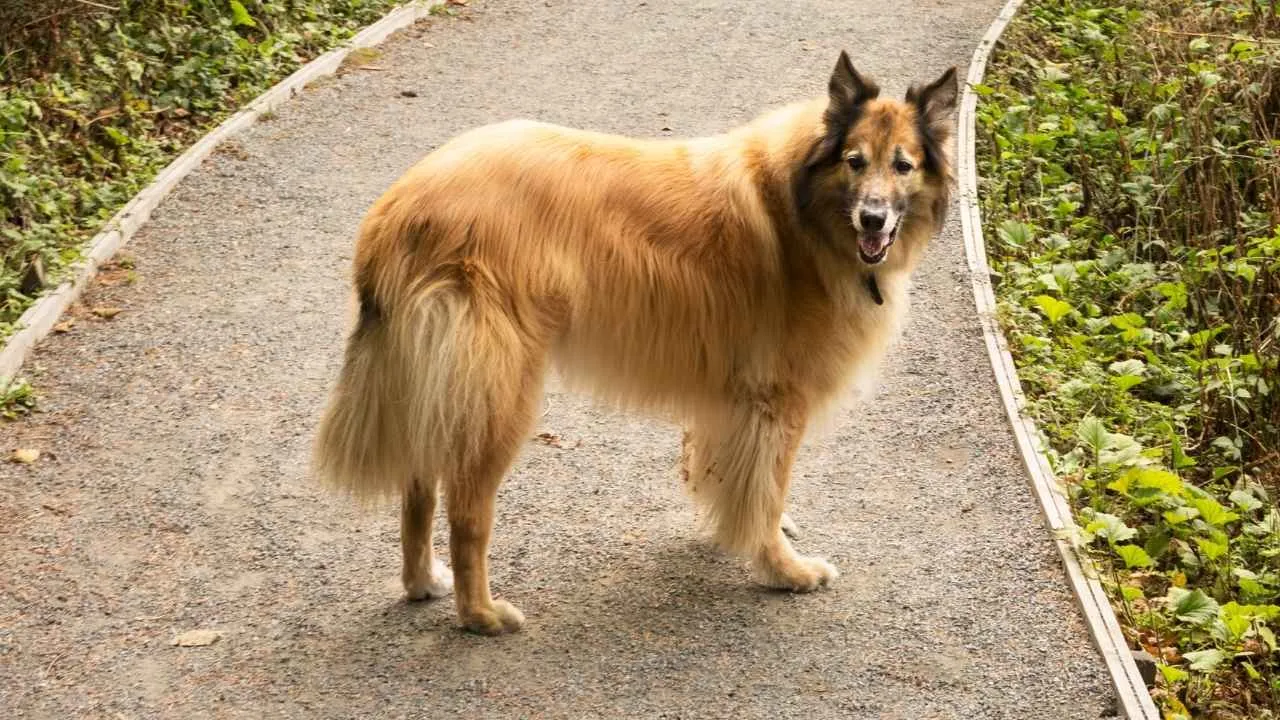
Belgian Tervurens are often described as problem-solvers that anticipate commands before they’re even spoken. They are happiest when assigned tasks, whether guiding livestock or practicing structured drills. Their mental quickness has made them favorites in advanced obedience competitions.
Intelligence in Action
This breed’s cleverness shines when paired with consistent challenges that keep both body and brain engaged. They learn new patterns quickly and apply them independently, sometimes surprising owners with self-initiated solutions. Activities like agility and herding bring out their natural decision-making.
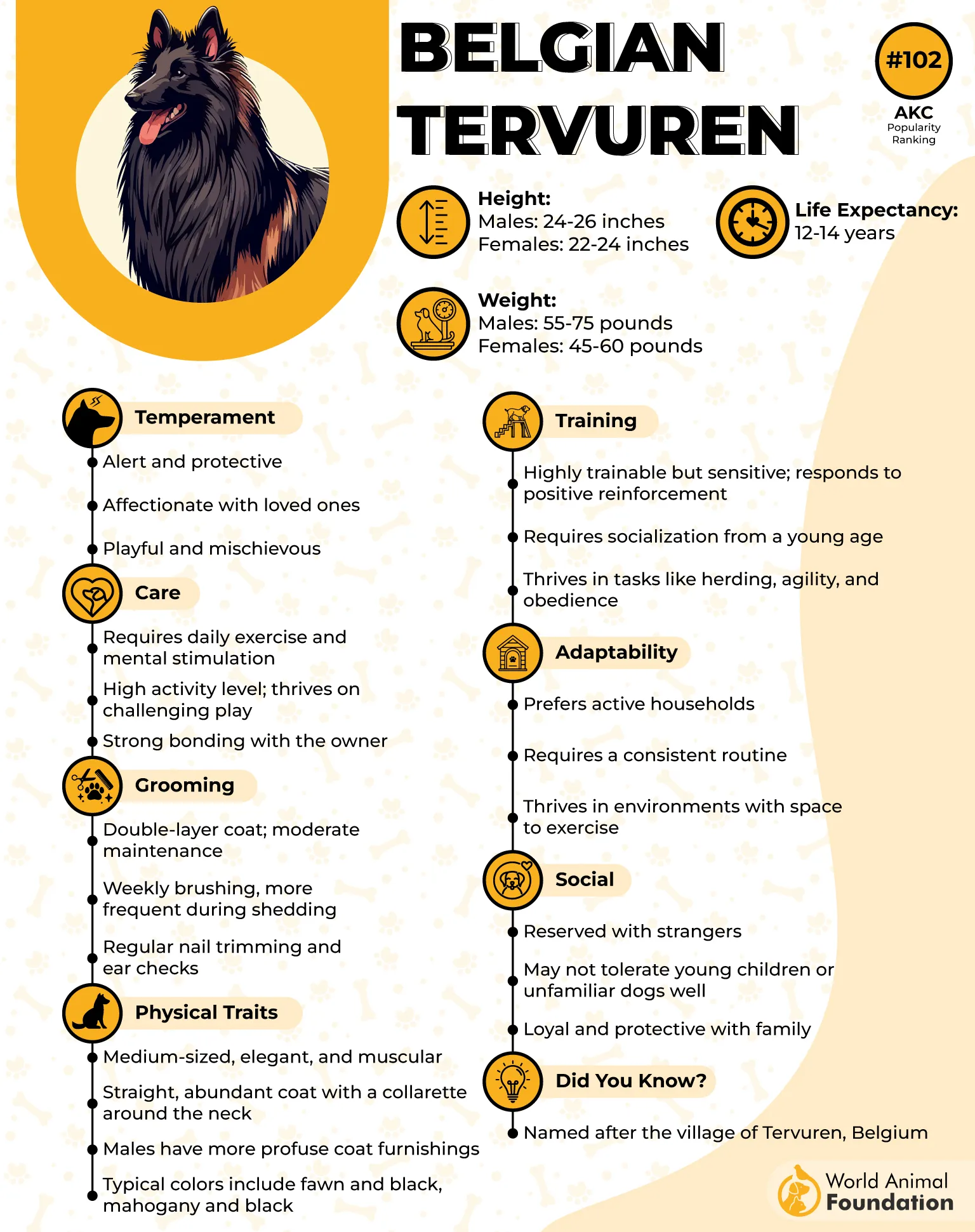
Quick to Learn, Quick to Apply
Training a Terv requires variety, since repetition alone will bore them. They excel in environments where skills can be rotated between:
Advanced obedience commands
Herding exercises with livestock
Agility courses with shifting layouts
Their adaptability shows just how quickly they can transition from one skill to another.
Clever Guardianship
Beyond athletic ability, they use their alertness to read human behavior with uncanny accuracy. Subtle body language, such as a shift in tone or movement, often influences their response. This sensitivity makes them one of the most intuitive protectors in the herding group.
2. Keeshond
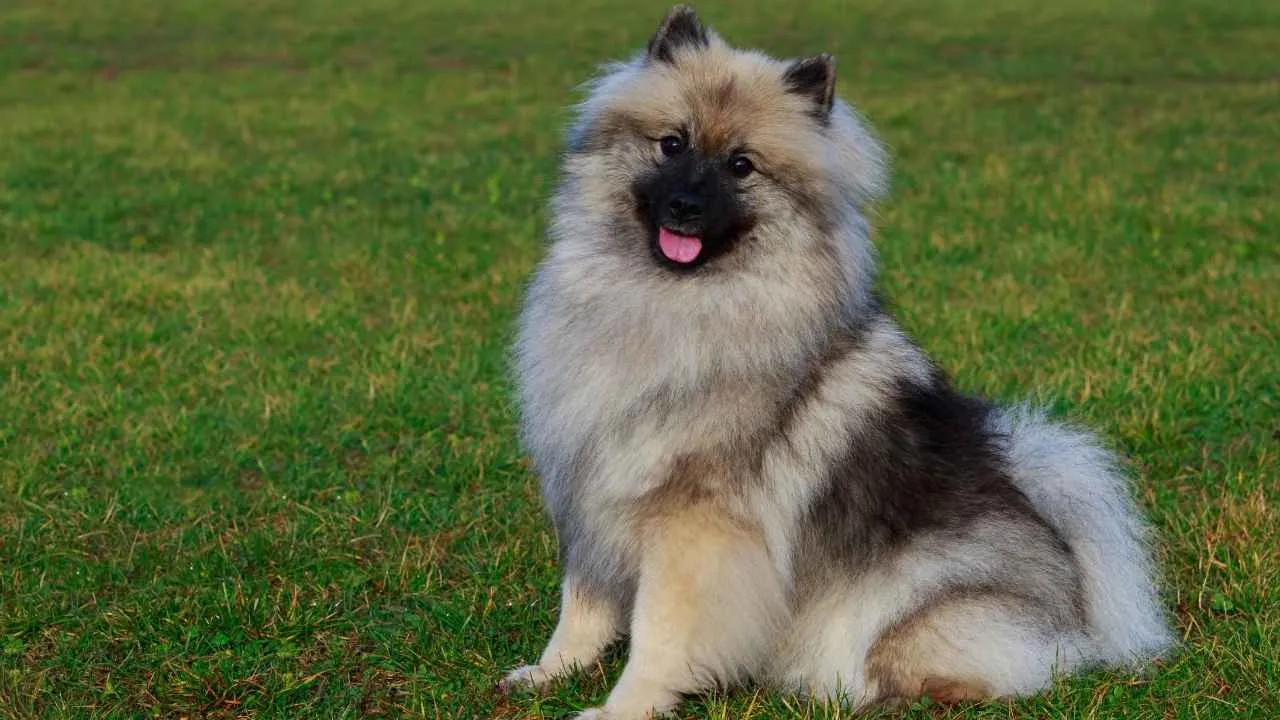
The Keeshond was once trusted as a watchdog on Dutch canal boats, chosen for their ability to spot danger quickly. Their alert gaze and strong voice made them ideal companions for boatmen navigating busy trade routes. This heritage reflects a breed wired for clever situational awareness.
Social Intelligence
They are highly attuned to human emotions and excel in reading subtle cues from family members. This emotional awareness often helps them anticipate routines before commands are given. Many owners value their ability to adapt smoothly to household dynamics.
Note: Keeshonden are known for their “spectacles” — distinctive markings around the eyes that make their expressions appear unusually attentive.
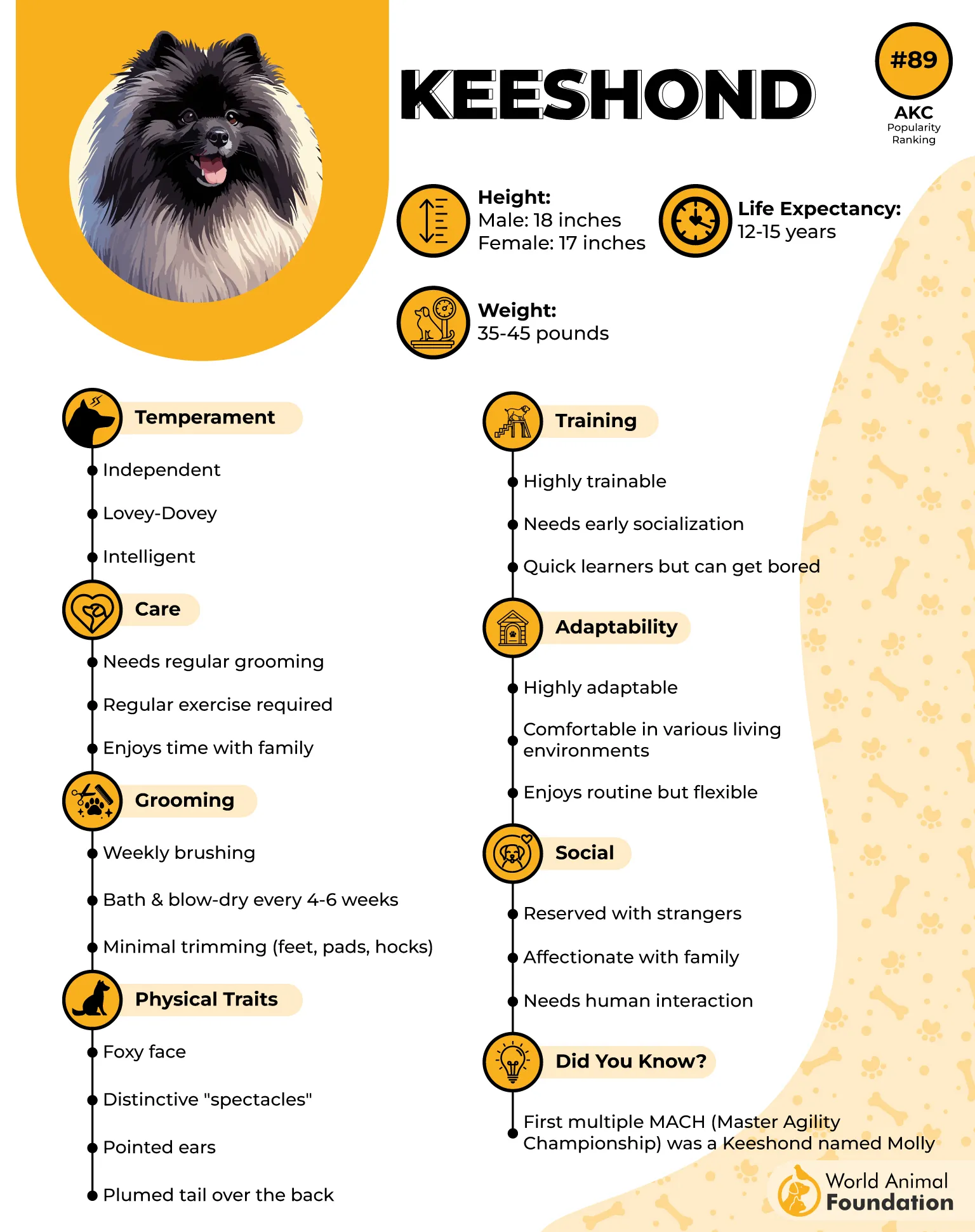
Problem-Solving Ability
When left with puzzles or new challenges, Keeshonden use persistence and creativity to find solutions. Their history as working dogs sharpened their ability to act independently when necessary. This mindset remains, making them a breed that learns quickly through exploration.
Trainability and Memory
They respond best when training sessions are engaging and varied, as repetition can bore them. With positive reinforcement, they recall lessons even after long breaks. Their long memory, combined with loyalty, allows them to adapt well to family environments that value intelligence.
3. Schipperke
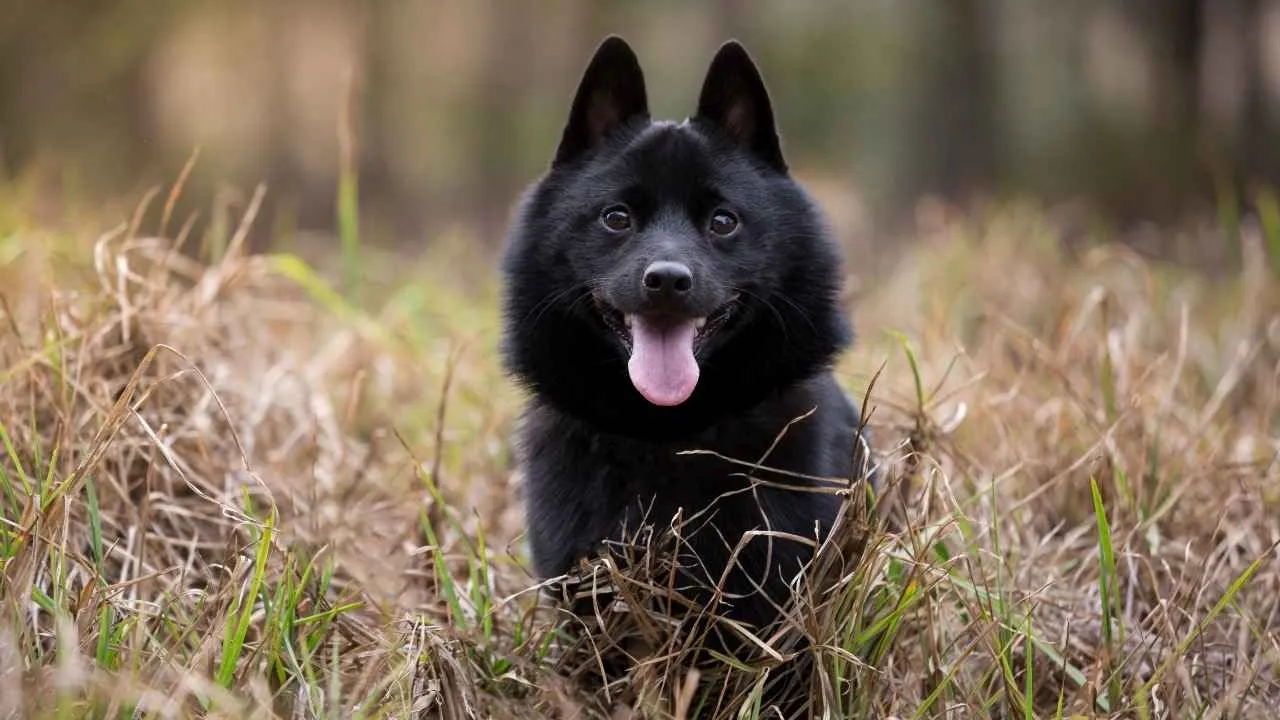
The Schipperke is well known for its sharp instincts, always alert to what is happening around the home. Historically, they patrolled barges and chased vermin, so their focus and quick thinking were essential. Today, that same awareness keeps them busy problem-solvers.
Natural Problem-Solvers
These dogs are happiest when they have a task, whether it’s guarding, searching, or simply learning new tricks. Their intelligence makes training engaging, but consistency is key to channeling their bold personality. Many owners notice how they study patterns before reacting.
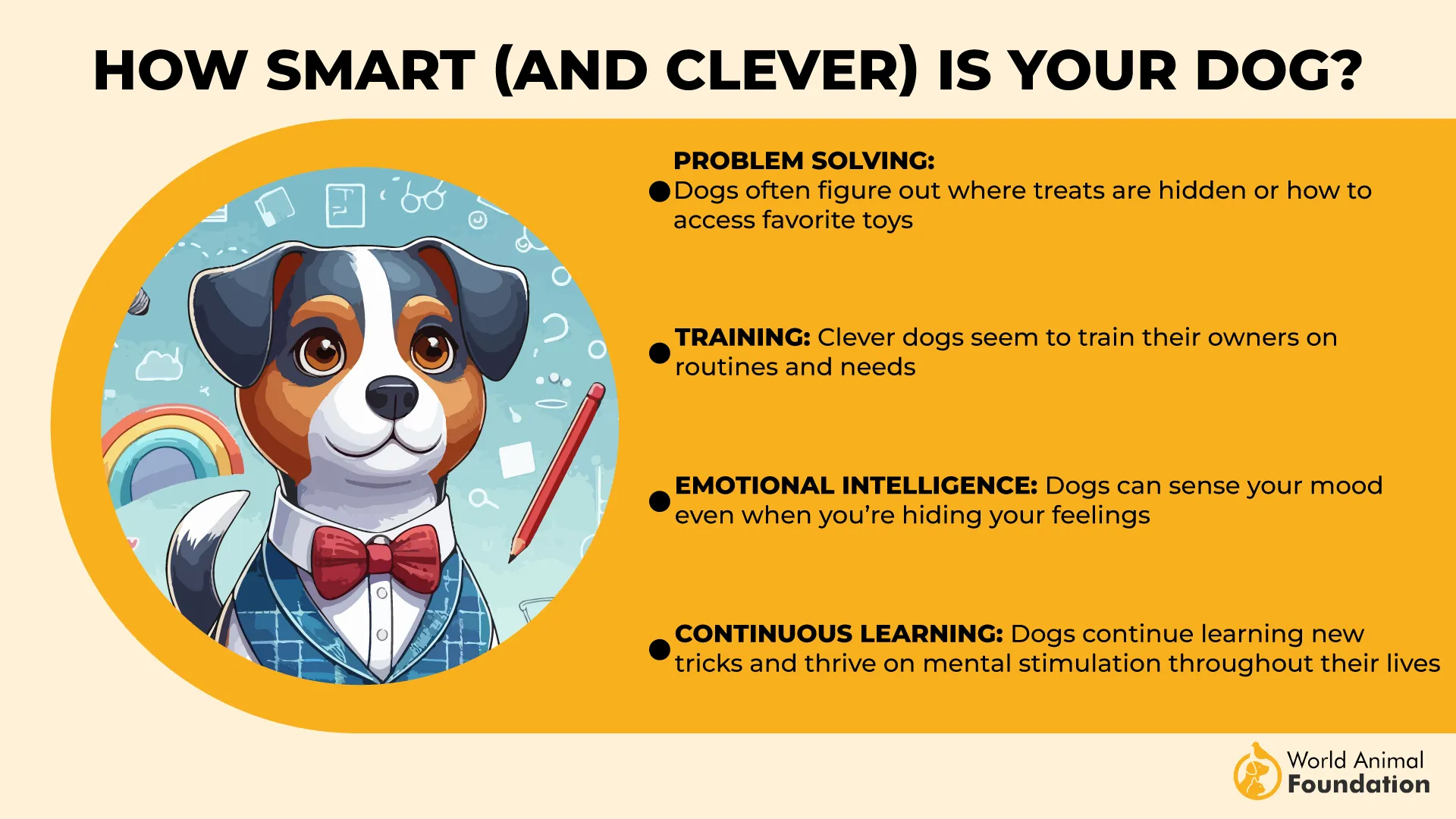
Owners should know: Schipperkes excel with puzzle toys and scent-based games that challenge their memory and reasoning skills.
Independent Decision-Makers
A Schipperke will often take initiative, responding rapidly when it senses something unusual. This independence links back to its working heritage, where decisions had to be made without constant human direction. It makes them clever guardians who rarely miss movement or sound.
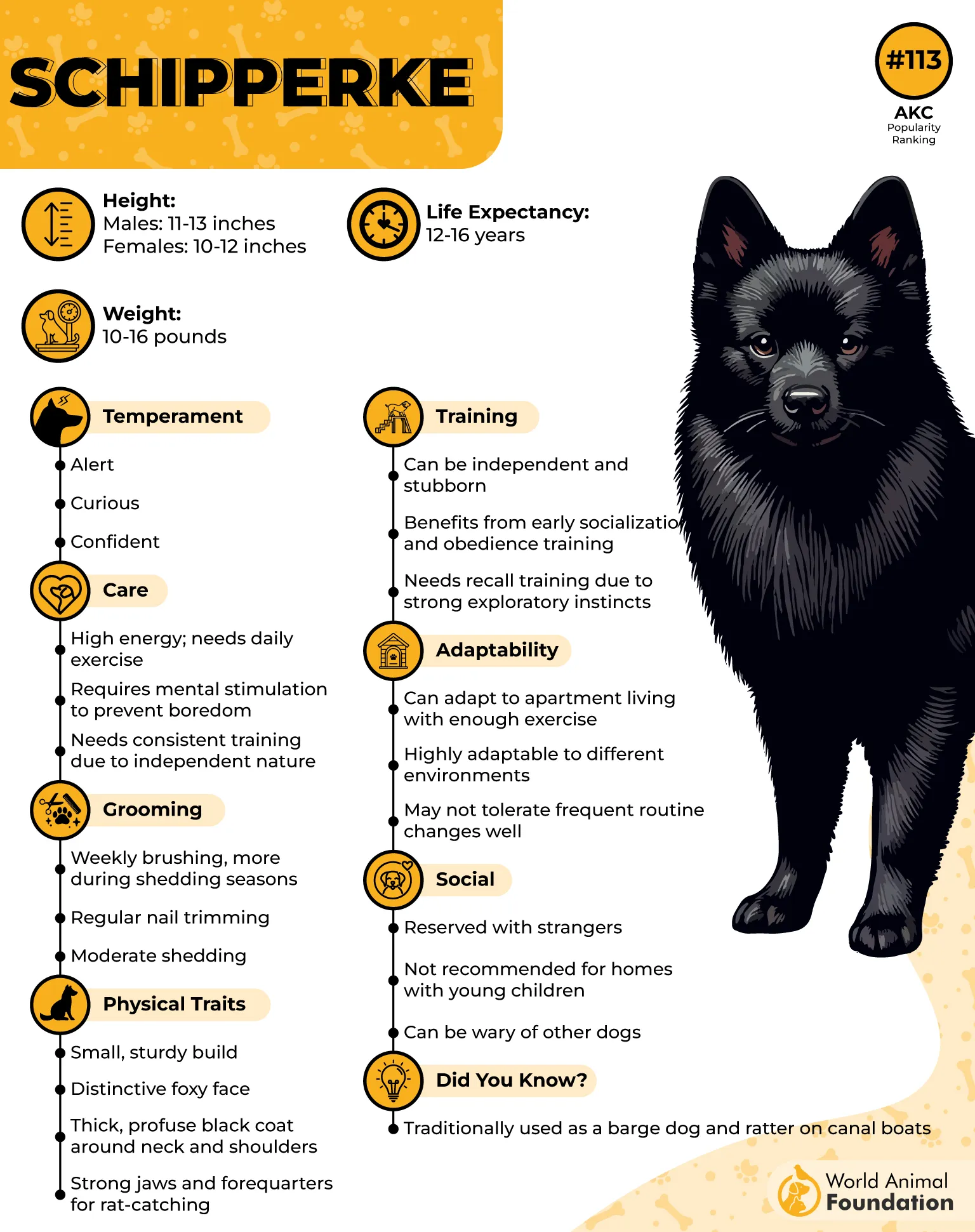
Endless Curiosity
Curiosity drives much of their energy, leading them to explore every corner of the yard or home. They rarely settle for passive observation, preferring to investigate firsthand. That inquisitive streak is a hallmark of their clever reputation, and it keeps them mentally sharp.
4. Miniature Schnauzer
Miniature Schnauzers were developed to assist with farm duties, which sharpened their problem-solving skills over generations. Their tendency to scan environments and react quickly makes them one of the most perceptive small breeds.
Quick to Learn Commands
These dogs respond enthusiastically to structured challenges, whether it’s agility courses or puzzle-based training. They learn patterns with ease and retain them for long periods, which explains their strong performance in obedience trials.
Clever Engagement Ideas
A Schnauzer’s cleverness shows when they invent games to entertain themselves, especially if routine becomes predictable. Owners often keep them busy with:
Hide-and-seek scent challenges
Advanced trick training sessions
Agility tunnels or small jumps
Each activity sharpens their mental edge while providing physical release.
Attentive Family Guardians
Their alert bark is more than noise — it signals attentiveness to detail and quick recognition of unusual sounds. This awareness, combined with loyalty to their families, makes them both entertaining companions and reliable watchdogs. The breed’s lively spark ensures no subtle change goes unnoticed.
5. Flat-Coated Retriever
Flat-Coated Retrievers are often called the “Peter Pan” of the dog world for their youthful spirit and endless curiosity, as Pet Health Network highlighted. Their eagerness to participate in new activities reflects a quick-learning nature. This makes them stand out in puzzle-solving and interactive games.
Problem-Solving Instincts
Their intelligence is not just about learning commands but about adapting to unexpected challenges. Many have been observed finding creative routes to fetch items or open latches. This type of thinking signals how clever they can be beyond structured training.
Love for Water
These retrievers combine their cleverness with a natural attraction to lakes and rivers. They approach swimming as both a sport and a problem-solving exercise, retrieving objects with remarkable precision. The water setting enhances their ability to focus and refine skills.
Outgoing Minds
Their joyful personality helps them connect with both people and animals, making learning sessions smoother. They respond well to activities that challenge both body and brain. This is why they are valued as adaptable partners in family and sporting environments.
6. Papillon
Papillons process new commands with remarkable speed, often mastering cues in just a handful of repetitions. This sharp recall has made them popular competitors in obedience events. Their mental agility allows them to solve problems with ease and adapt quickly to different training styles.
Agility and Coordination
This breed shines in activities that demand balance, speed, and direction changes. They use their small frames efficiently, weaving through tight spaces during agility trials. The American Kennel Club notes that they are excellent agility dogs and are consistent winners at the sport’s highest levels.
Social Engagement
Papillons enjoy interaction and often read human moods accurately, adjusting their behavior to match the energy of the room. Families benefit from their attentiveness, as these dogs naturally look for cues in voices and gestures. This perceptive side makes them easier to integrate into busy households.
Confidence Beyond Size
Though small, Papillons display remarkable boldness when exploring new environments or meeting other animals. Their steady composure helps them excel in settings where distraction levels are high. This confidence, combined with their clever instincts, allows them to succeed in advanced training exercises.
7. Belgian Sheepdog
The Belgian Sheepdog has long been valued for its ability to analyze situations quickly, a skill sharpened during its history as both a herding and police dog. Its problem-solving instincts extend beyond livestock management to family environments, where it adapts fast to routines.
Fun Fact: The Belgian Sheepdog is sometimes called the “Groenendael,” a name that reflects the solid black coat which distinguishes it from its Belgian cousins, as noted by PetMD.
Sharp Memory and Learning Capacity
Handlers often note how Groenendaels retain commands and tasks with little repetition, making them efficient learners. This memory-based intelligence makes them suitable for complex work, whether in obedience trials or advanced canine sports.
Versatile Mental Agility
Their cleverness shows in how they switch roles seamlessly, from guarding property to assisting in performance work. Key areas where their brains shine include:
Quick recognition of voice and gesture cues
Strong recall of boundaries and spaces
Adaptability to changing tasks without confusion
Independent Thinking
What separates this breed is the balance between loyalty and autonomous judgment. They often act independently when a threat is perceived, showcasing intelligence rooted in decisiveness. Families seeking both companionship and a highly attentive guardian often see this quality as unmatched.
Conclusion
When people think of the smartest dog breeds, the German Shepherd, the Border Collie, and the Golden Retriever often come to mind. These popular names represent intelligent dog breeds known worldwide, but they are only part of a larger story.
However, other equally sharp-minded dog breeds deserve to come to the front line. Many of these lesser-known sharp-minded pups deserve more recognition for their problem-solving skills, adaptability, and eagerness to engage with their humans.
By giving them the mental stimulation and appreciation they crave, we not only honor their intelligence but also unlock the best version of these remarkable four-legged thinkers.


